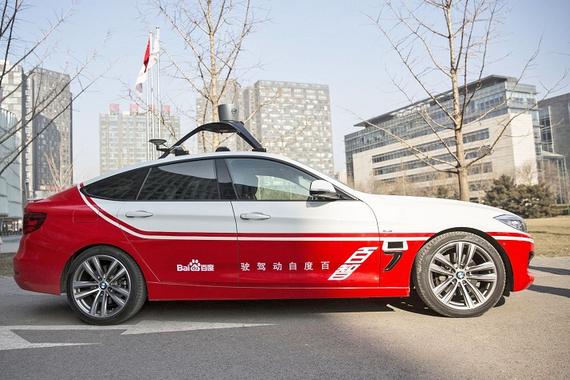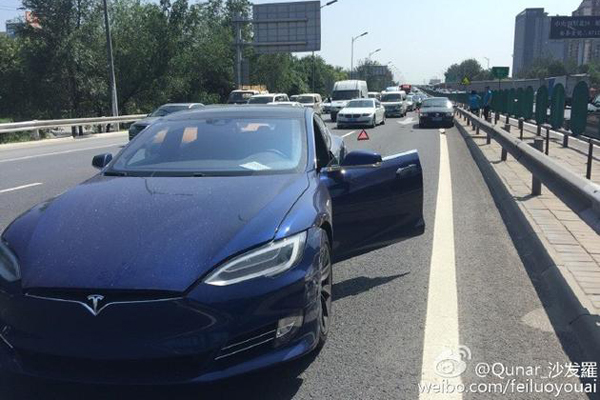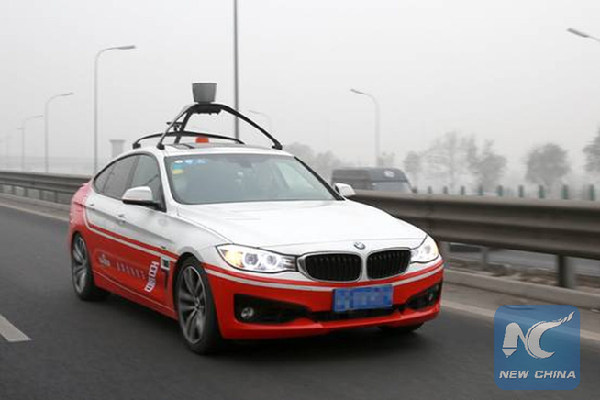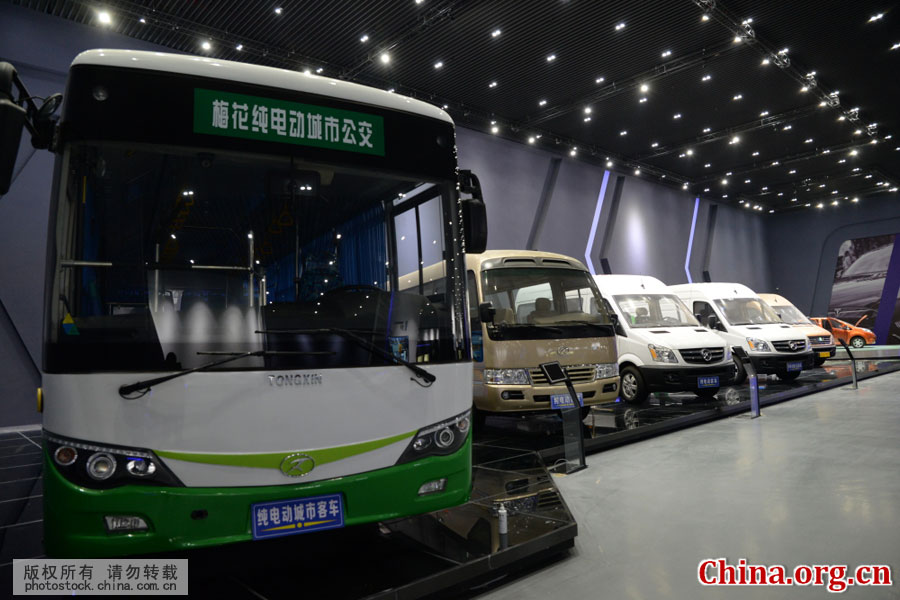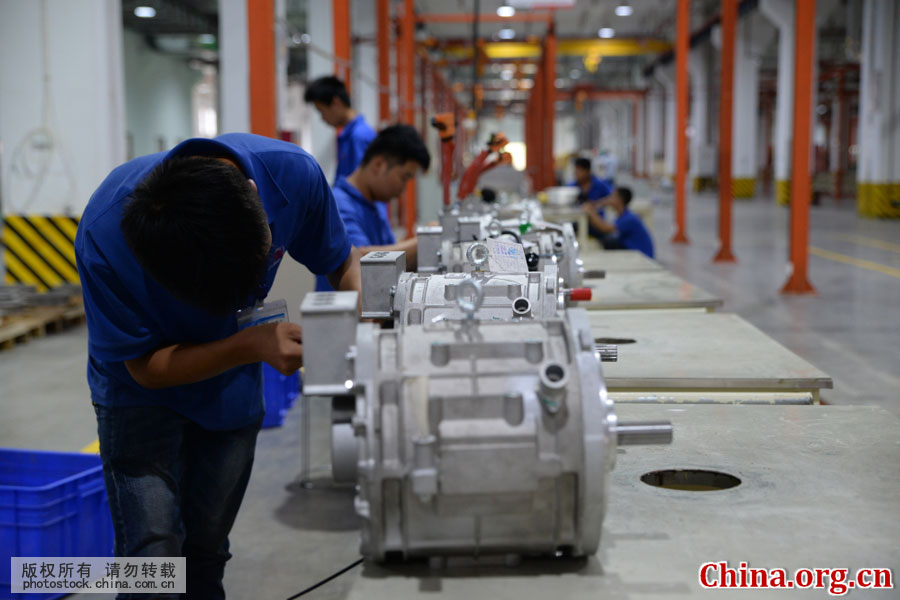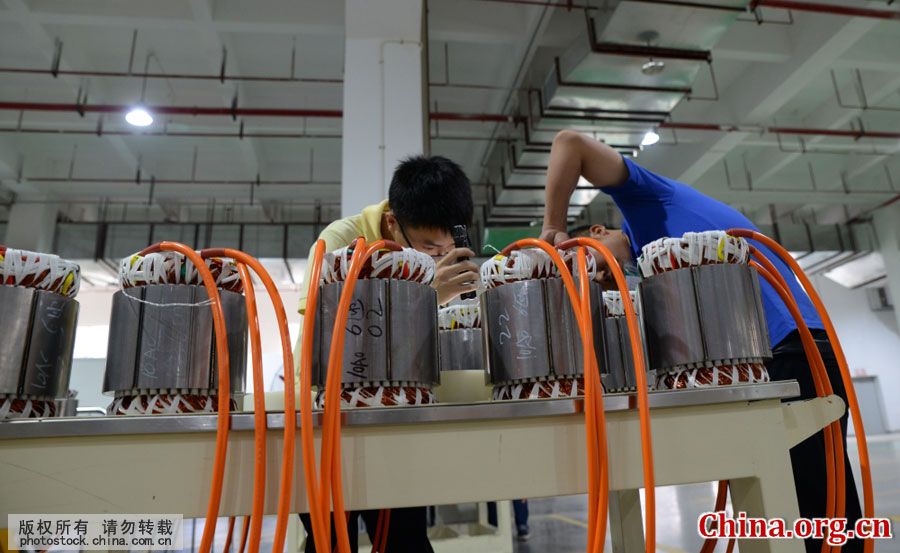TaiShang
ELITE MEMBER

- Joined
- Apr 30, 2014
- Messages
- 27,848
- Reaction score
- 70
- Country
- Location
Talking about consumption power.
**
China passenger car sales on the rise
Xinhua, August 14, 2016

China's passenger car sales are on the rise. [File photo]
China's passenger car sales are on the rise, according to the China Passenger Car Association (CPCA).
Auto sales growth reached 23.3 percent in July year on year, the third consecutive month of double-digit growth and the highest in 17 months, the association said.
The CPCA predicted that passenger car growth in August and September will also exceed 20 percent.
Sales of passenger cars in China were tepid during the same period last year, with sales in May and June both growing at 3.8 percent. Sales in July 2015 fell by 2.5 percentage points.
This year's performance indicates strong consumer confidence and reduced taxes along with growing demand.
"People usually renew their cars every five to six years," said Feng Wei of China International Capital Corporation. "That means the 38 million cars bought in 2009 - 2011 will be renewed from this year."
CPCA's deputy secretary Yang Hua said August will see stronger performance as new models will hit the market.
Car inventories in July also decreased by 10.2 percentage points to 49.5 percent, according to the car inventory warning index released earlier this month by the China Automobile Deals Association.
**
China passenger car sales on the rise
Xinhua, August 14, 2016

China's passenger car sales are on the rise. [File photo]
China's passenger car sales are on the rise, according to the China Passenger Car Association (CPCA).
Auto sales growth reached 23.3 percent in July year on year, the third consecutive month of double-digit growth and the highest in 17 months, the association said.
The CPCA predicted that passenger car growth in August and September will also exceed 20 percent.
Sales of passenger cars in China were tepid during the same period last year, with sales in May and June both growing at 3.8 percent. Sales in July 2015 fell by 2.5 percentage points.
This year's performance indicates strong consumer confidence and reduced taxes along with growing demand.
"People usually renew their cars every five to six years," said Feng Wei of China International Capital Corporation. "That means the 38 million cars bought in 2009 - 2011 will be renewed from this year."
CPCA's deputy secretary Yang Hua said August will see stronger performance as new models will hit the market.
Car inventories in July also decreased by 10.2 percentage points to 49.5 percent, according to the car inventory warning index released earlier this month by the China Automobile Deals Association.





